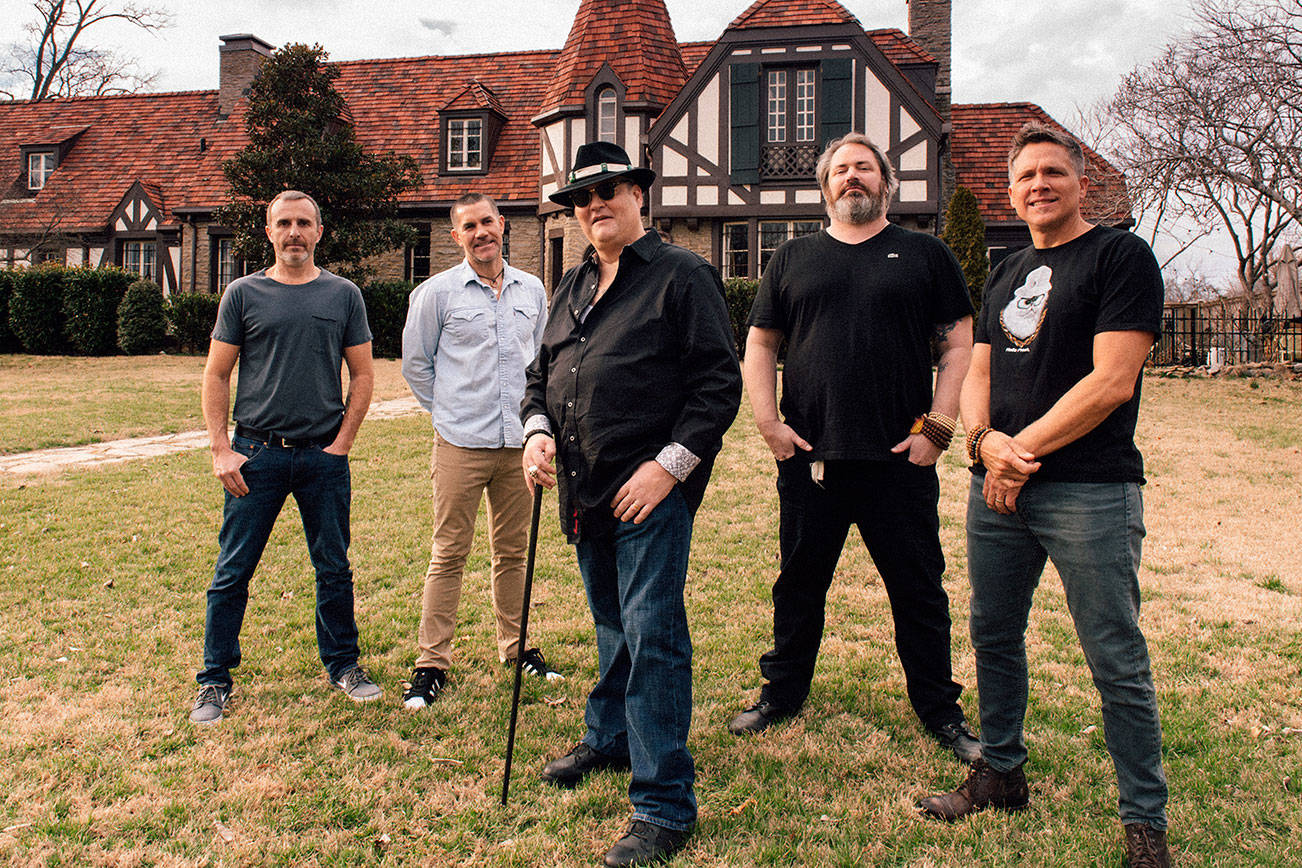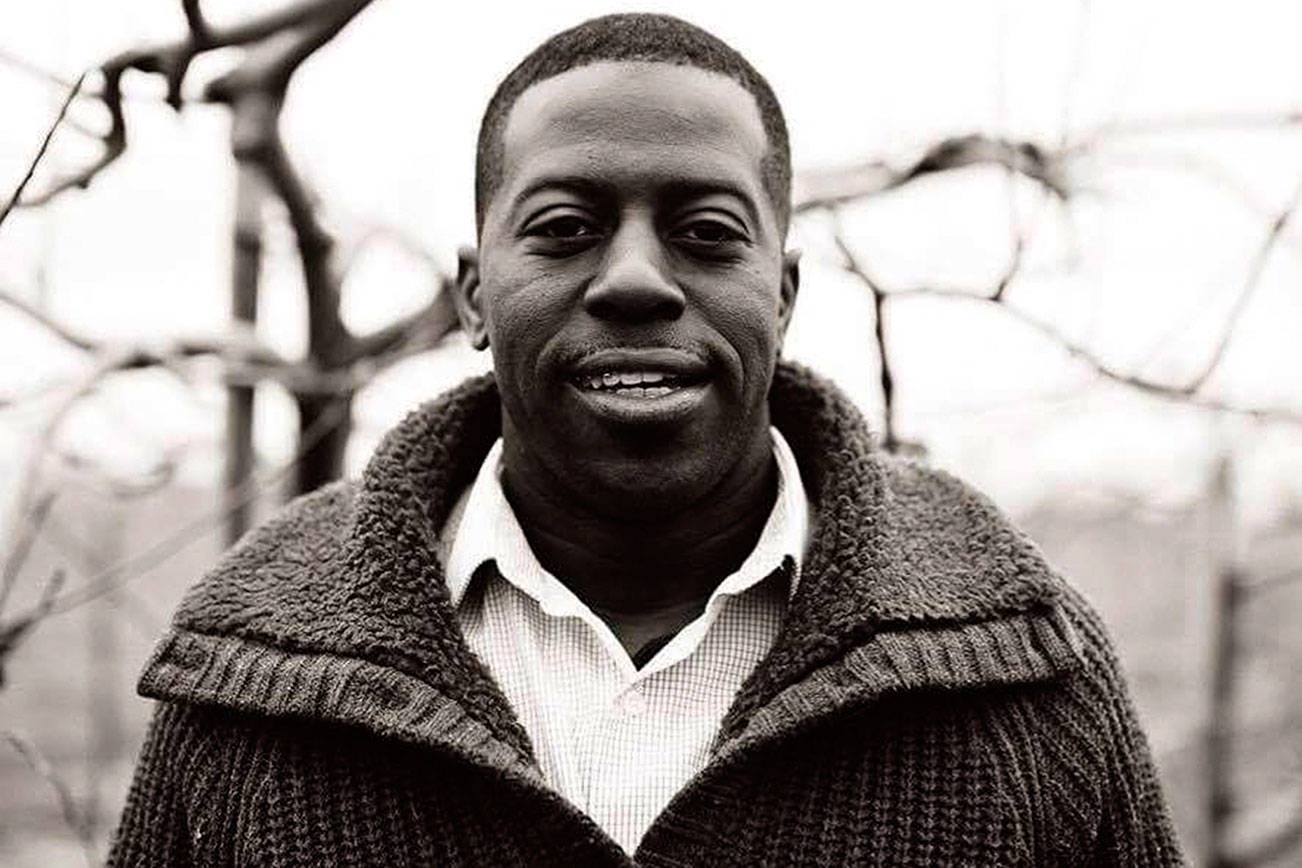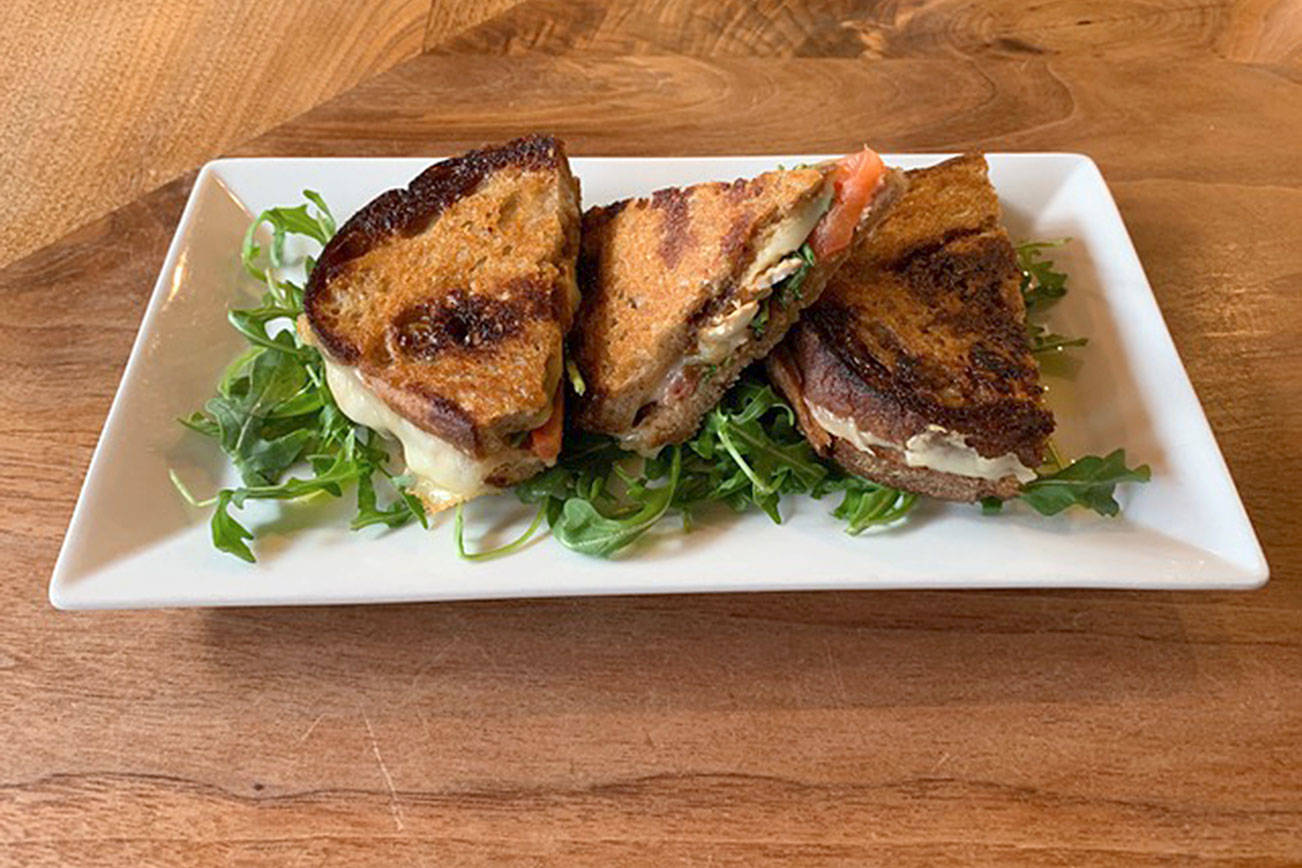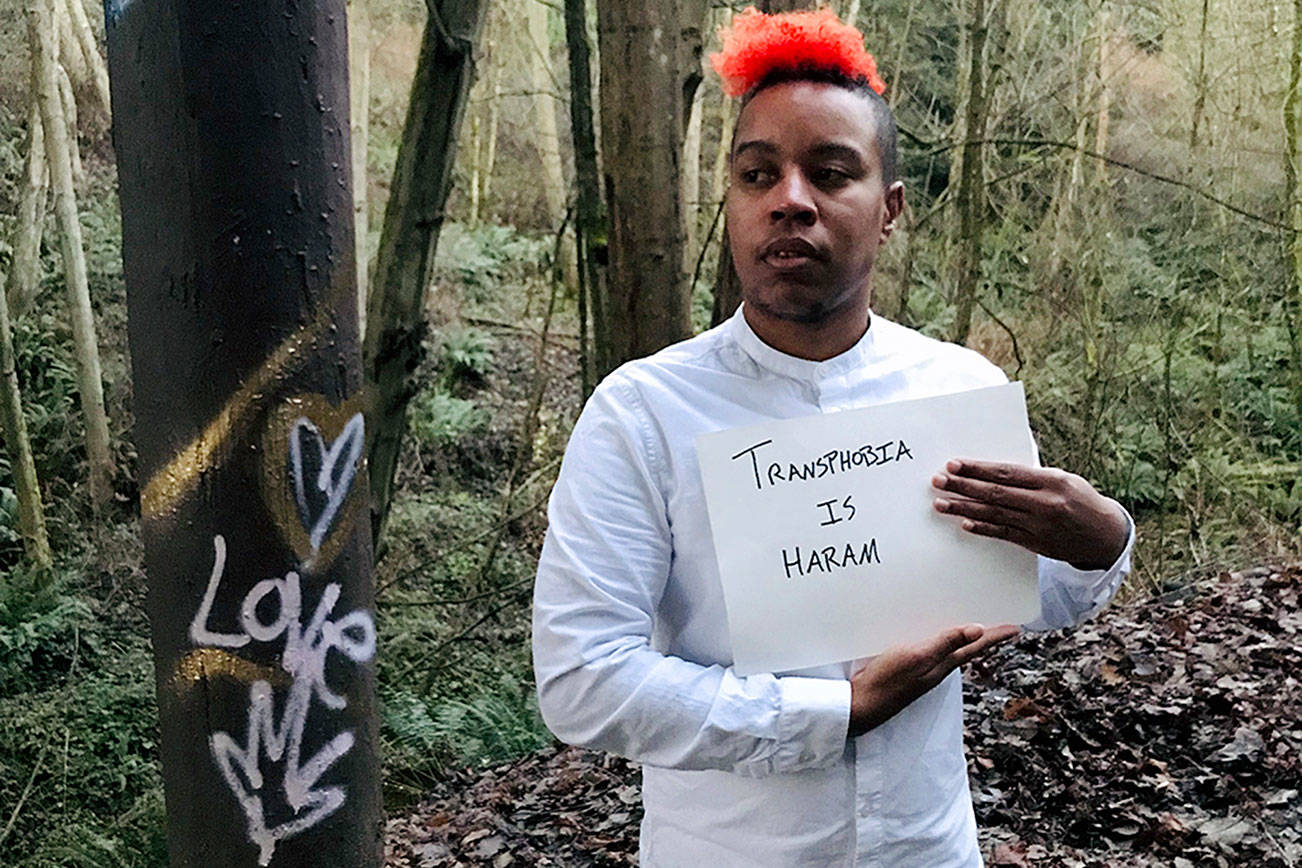John Popper can sing the complicated jazz tune “Whiplash” practically in his sleep. The song, featured prominently in the Oscar-winning movie of the same name, is burned into Popper’s brain because of the same man who inspired the devilish bandleader in the film: Anthony Biancosino. “Dr. B,” as he was affectionately known, was an award-winning high school band teacher at Princeton High School in Princeton, N.J. (where Popper and Whiplash director Damien Chazelle both attended, decades apart). And while he wasn’t nearly the authoritarian as he’s exaggerated to be in 2014 movie, Dr. B did help Popper — the frontman and harmonica player for the Grammy-winning band Blues Traveler — flourish as a musician.
But it all really began with The Blues Brothers in 1980. That year, Popper got his first harmonica and, in the movie, saw how it could be used as a good-time-raising, blues-inspired solo instrument.
“They said Dan Aykroyd sounded like Paul Butterfield,” says Popper, whose band Blues Traveler plays the Neptune Theatre on Saturday, Nov. 17. “So, I went out and bought a Paul Butterfield record. On it, Paul Butterfield covered an Elmore James song, so I went out and bought an Elmore James record. That led to Muddy Waters. But everything really brought me to Jimi Hendrix. From that point on, I was set.”
Popper began to feverishly emulate Hendrix’s guitar effects, style, and playing patterns.
“I started playing harmonica like the guitar as much as I could,” remembers Popper, who is known for wearing a vest with a pocket for each harmonica key. “I didn’t care about playing anything like a harmonica is supposed to be played. After learning to sound like Hendrix, that gave me enough of a technical vocabulary to grasp other kinds of music. Jazz was no problem.”
Also around the time of eighth grade, the East Coast-raised musician says, he’d accepted his academic fate: that he would be forever a straight-F student. But he still loved playing music. One of his observant teachers introduced him to Dr. B, who first tried to make Popper into a trumpet player. After a failed trumpet solo in the junior varsity band, Popper saved face by pulling a harmonica out of his pocket and playing his way, and he was bumped up to Dr. B’s select Studio Band (the same high-stakes band in Whiplash).
John Popper began writing songs when he was age 8 or 9, he says. Bad songs. They got better after he started writing about the girls he had crushes on (he admits he was “obsessed” with women in high school and, more recently, was part of a Twitter meltdown that included vulgar comments about women and doxxing a guy). But the songs got better. He refined his musicianship. Dr. B pushed him. Popper’s art matured. He was soon ready for performances — this time with a rock group.
“Princeton is a great town as long as you leave,” says Popper, who now lives outside Seattle in Snohomish. “I remember one day my dad sat me down and said, ‘Look around. See all this? It’s mine.’ His point was for me to either get a job or go to school. That was the thing then. So we [the members of Blues Traveler] all lied to our parents and told them we were going to school. But we just skipped school and figured out how to make a living as a band.”
Popper enrolled at the New School. He’d gotten in after playing a harmonica solo in the admissions office after raising a few eyebrows with his straight-F report card. The rest of the Blues Traveler members — guitarist Chan Kinchla, drummer Brendan Hill, and bassist Bobby Sheehan — got into schools near New York City. The group gathered at the New School and practiced using the school’s equipment (Fun fact: the four friends needed a fifth for their Brooklyn apartment and Popper recruited former classmate Chris Barron, who would go on to front Spin Doctors).
Around that time, an important law changed in New York City. Formerly, music clubs needed a difficult-to-obtain “cabaret license” to allow more than three performers on stage, but that law had been recently repealed. “Before,” says Popper, “the bass player had to have a long cord and sit at the bar to play.” Now there was a lot more work for raucous groups like Blues Traveler, known to offer a 20-minute harmonica or guitar solo. The band grew. They played clubs and frat houses. They wrote a hit single, “But Anyway.” They got so big, Dave Matthews opened for them (Popper appears on DMB’s single, playing harmonica on “What Would You Say”).
The group didn’t get one big break along the way because, says Popper, there’s no such thing. Rather, they strung together a lot of opportunities. A career burgeoned. And it reached its pinnacle in 1996 when Blues Traveler won a Grammy for their song “Run-Around.” The track, which broke records for number of weeks on the charts, was the hit on the band’s LP four. And while the band had several successful tracks, “Run-Around” and the second hit from four, “Hook,” are the songs that people still hear on the radio or at department stores.
“That anybody cares about those songs is an honor,” says Popper, nearly 25 years after the release of four. “It’s a good problem to have when you get to play those songs every night. ‘Run-Around’ and ‘Hook’ matter to people.”
Coming up as a band, Blues Traveler was known for their live shows. Their audience craves them on stage. As a result, the band has toured all over the world. Popper, who is known for battling issues with his weight, continues to perform. He even released a memoir last year, Suck and Blow: And Other Stories I’m Not Supposed to Tell, which included a reading in Seattle. And while Blues Traveler has released nine LPs since four, including 2018’s twangy, Hurry Up & Hang Around, Popper knows it’s the hits that his audience can’t wait to sing along with at a show.
“Those songs are a place where me and the audience can connect,” he says. “I don’t try to understand why. I’m just grateful.”
Blues Traveler
Saturday, November 17 at 8 p.m. | The Neptune | Sold Out | stgpresents.org








